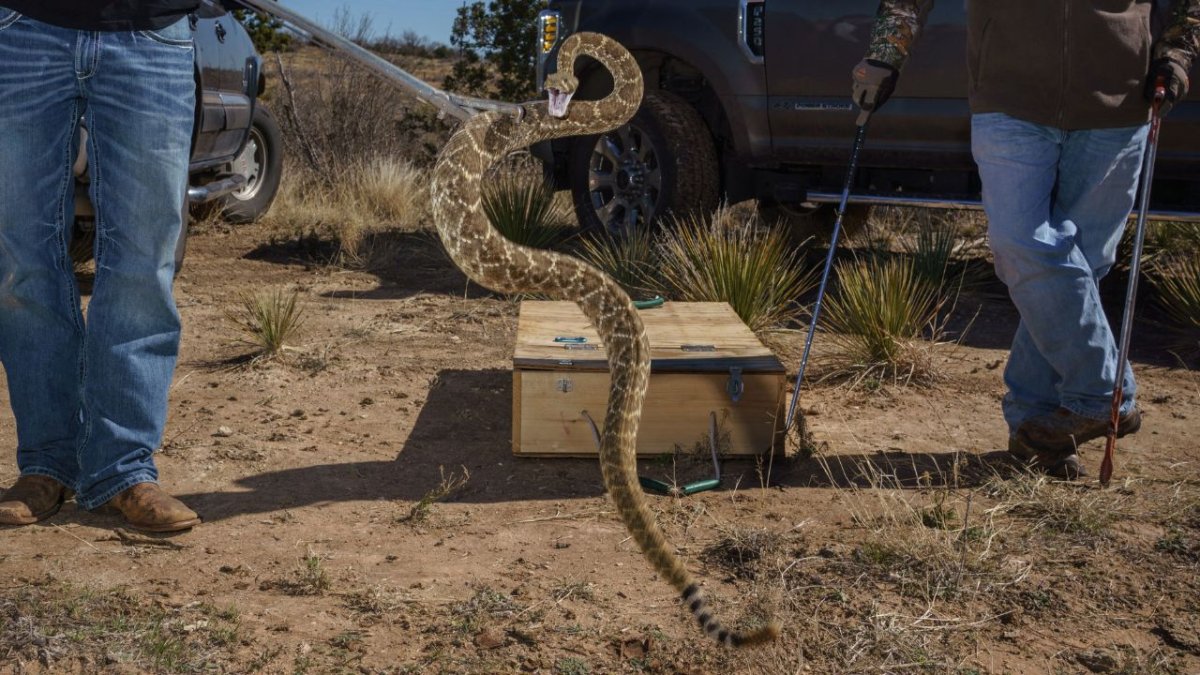With the arrival of spring, more and more people are beginning to enjoy the outdoors, beautifying their gardens, while hikers continue to enjoy the mountains in California, but also those who begin to come out this season are rattlesnakes , and that is why the authorities ask to be very careful.
According to California poison control authorities, this is when female rattlesnakes give birth, as these hatchlings possess dangerous venom.
Additionally, experts warn that any snakebite can be extremely harmful to your health if not treated promptly.
“When you’re bitten by a rattlesnake, you may see two little red dots or two red scratches or one red scratch depending on where the fangs entered,” said Cyrus Rangan, a pediatrician and toxicologist affiliated with California Poison Control. .
Rangan reiterated that after the moment a snake bites a person, it is extremely important to call 911 or go to the hospital immediately.
“The symptoms will start to progress over the next few hours, the limb will start to swell and it will start to get bigger and you will have inflammation in those areas and this will lead to increased pain and possibly numbness and tingling,” said added Dr. Rangan, in a virtual chat on the California Poison Control Facebook page.
“As the hours pass, the snake’s venom begins to be absorbed into his system; if it gets absorbed, it can start causing other problems, like interfering with our blood clotting mechanisms,” he added.
During this briefing, the zoo’s reptile and emergency medicine experts presented guidelines and first aid measures that can help residents stay safe, calm and healthy on the wild trails and around the houses this year.
Rattlesnake Bite Symptoms
- Extreme pain
- Bleeding
- bruises
- Swelling in the mouth and throat
- Increased saliva production
- difficult breathing
- Daze
- Nausea
- Swelling at the bite site
- Collapse
- Shock, in rare cases
Treating Rattlesnake Bites
- Get immediate medical help, as a rattlesnake bite can be fatal;
- Keep calm and don’t run;
- Keep the bite site elevated above your heart on the way to the hospital.
Do not try the following
- Do not apply ice or hot products to the bite site;
- Don’t try to cut around the bite;
- Do not drink alcohol or caffeinated beverages;
- Don’t suck the poison;
- Do not take medication;
- Do not use tape or a tightening tourniquet to restrict blood flow.
Pets
Pets can also be bitten by snakes. Many veterinarians stock rattlesnake antivenoms and vaccines for dogs and other pets. Contact your veterinarian for more information.
The poison hotline for questions related to poisons is 1-800-222-1222

